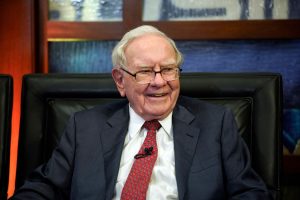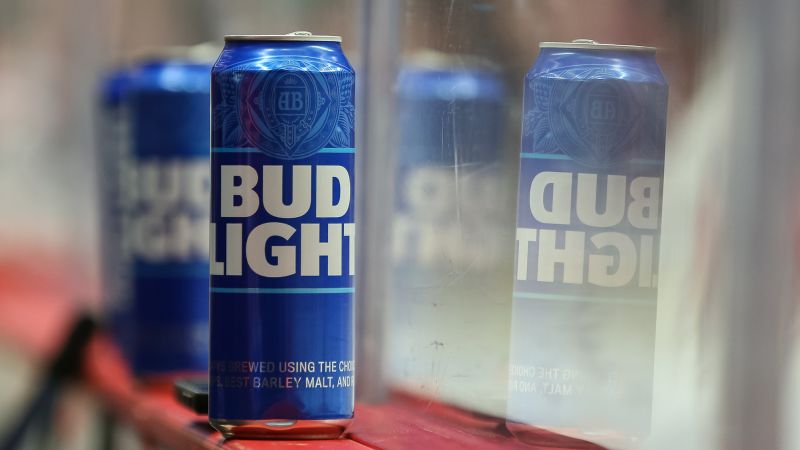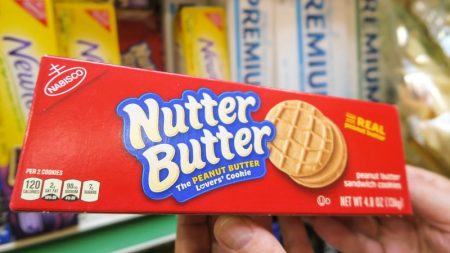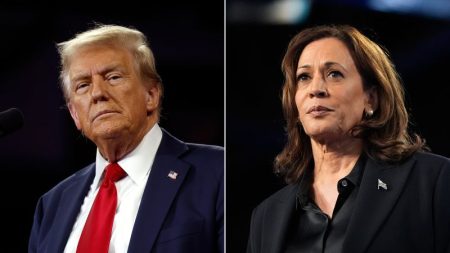Company X introduces marketing campaign that touches on Y, a cultural issue some people oppose. Group Z lashes out on social media. Rinse. Repeat.
It happens again and again: Nike and social-justice advocate Colin Kaepernick. M&M’s and female “spokescandies.” And last week, Bud Light and its parent company Anheuser Busch were targeted by singer Kid Rock and others after partnering with Dylan Mulvaney, a transgender woman and influencer, in its marketing.
The phrase “get woke go broke,” employed by some conservatives on social media, suggests that brands which employ inclusive campaigns are angering a significant enough portion of consumers to lead to a material drop in sales. But experts say that inclusive campaigns are, in fact, often lucrative for businesses, serving as an important tool to reach key demographics.
For Bud Light in particular, reaching a new audience is crucial, Alissa Heinerscheid, vice president of marketing at Bud Light, said in a recent Make Yourself at Home podcast interview.
“If we do not attract young drinkers to come and drink this brand, there will be no future for Bud Light,” she said in a interview posted to YouTube in March, before the current wave of anti-trans backlash. Bud Light had “been in decline for a really long time,” she said.
From her perspective, the way to encourage young people to drink more Bud Light was to “evolve and elevate” the brand by focusing on inclusivity. The brand has long marketed itself to LGBTQ+ drinkers, selling Bud Light in rainbow cans for Pride and partnering with groups like GLAAD and the National LGBT Chamber of Commerce.
“Anheuser-Busch works with hundreds of influencers across our brands as one of many ways to authentically connect with audiences across various demographics,” an Anheuser-Busch spokesperson told CNN in a statement. “From time to time we produce unique commemorative cans for fans and for brand influencers, like Dylan Mulvaney. This commemorative can was a gift to celebrate a personal milestone and is not for sale to the general public.”
Heinerscheid’s comments made her a target of right-wing media, which revealed personal information about her in mainstream stories. On Twitter, people called for Heinerscheid to be fired. But her perspective, as stated in the interview, is largely consistent with what experts say most brands want.
“Brands today want to be inclusive, they want to be relevant, especially with young people,” said Tim Calkins, associate chair of the marketing department at Northwestern University’s Kellogg School of Management. “I don’t think brands set out to be polarizing,” he added. But “we live in such a fractured and polarized world, that there’s always a chance” that any move could elicit criticism from someone.
Often the backlash blows over, while the long-term benefits are more impactful.
“There have been many cases of brands growing their business as a result of taking a strong stand that resulted in some criticism, but even stronger engagement with a key audience,” Tim Leake, chief marketing officer at the ad agency RPA, told CNN.
Take, for example, Nike
(NKE). The athletic brand was the target of a boycott campaign when it featured Colin Kaepernick in an ad in 2018, after the football player became a polarizing figure for kneeling during the national anthem to raise awareness about police brutality. The following year, Nike
(NKE) won an Emmy for its Kaepernick commercial. And Wall Street’s not complaining — the company’s stock has risen about 51% since September 2018, when Kaepernick was tapped for the campaign.
Earlier this year, M&M’s said it had decided to put its spokescandies on “pause,” after they were criticized by right-wing pundits for, among other things, displaying all-female candies on some special packages. Turns out the brand had leaned into the controversy as part of a pre-planned Super Bowl ad starring Maya Rudolph.
“What we see predominantly is the social media backlash… is often very short-lived,” said Pedr Howard, head of the creative excellence practice at the market research firm Ipsos. “The conversation moves on.”
If the campaign was well considered, a “week of bad social media reactions isn’t really that much of a downside, in the grand scheme of things,” he said. “Social media noise isn’t the whole world. It’s often just a very small, loud microcosm.”
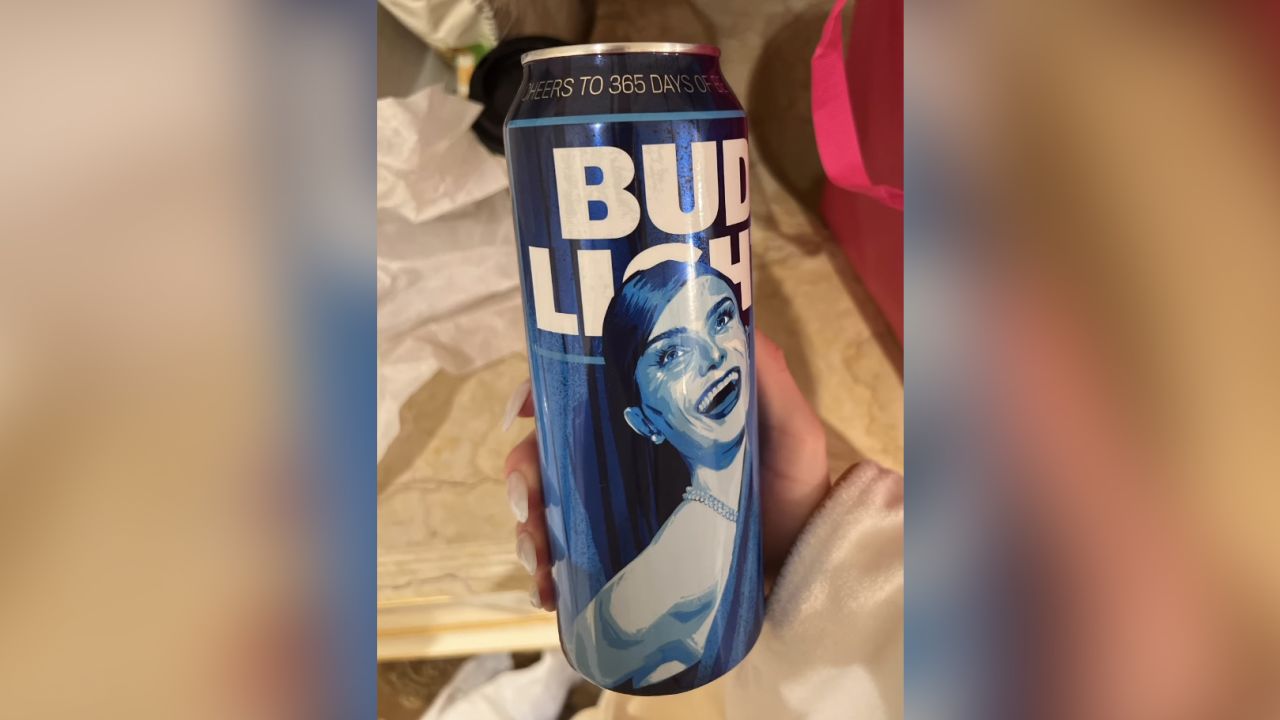
Currently, we’re about two weeks into the Bud Light backlash.
On April 1, Mulvaney posted a video promoting Bud Light for a March Madness campaign, as well as a personal milestone. “This month I celebrated my day 365 of womanhood,” Mulvaney said. The performer and TikTok personality, who had partnered with Bud Light previously, has been open about transitioning on Instagram and TikTok. “Bud Light sent me possibly the best gift ever, a can with my face on it,” Mulvaney said.
The post was met with some anger online. Last week, Kid Rock posted a video of himself shooting cases of Bud Light. “F**k Bud Light, F**k Anheuser Busch,” he said. Singer Travis Tritt said he’d remove Bud Light from his tour rider. And Texas congressman Dan Crenshaw also weighed in, saying he’s in favor of a Bud Light boycott but doesn’t stock the beer. In an Instagram video he showcased the insides of his fridge, which contained craft beers that are also owned by Anheuser-Busch
(BUD).
But calls for a boycott don’t always lead to an actual boycott, noted Howard. “People will say, I’m never going to buy this brand again as a result of this,” he said. “But in reality, price, availability, those sorts of things,” often inform purchasing decisions over perceived brand ethics. And after a while, critics move on to something new.
Generally, he said, brands seeing a bout of backlash online should take a step back and consider their original messaging. “Did your brand stand for this beforehand? Will you want to stand for this in the future?” If the answers are yes, the backlash may well be worth it. Plus, Mulvaney — who has 1.8 million followers on Instagram, with another 10.8 million on Tiktok — has plenty of support from fans to counter the criticism.
“Yes!!!!! Go Dylan!!!! So happy for you this is huge! Congrats!!!! I love to see you thriving!,” one person wrote effusively on the April 1 post. “You are beautiful,” another wrote. “Ignore all these evil comments. It’s about them, not you.”
Mulvaney, whose agent did not respond to a request for comment for this story, shared her gratitude for her fans in a recent TikTok post. “Thank you all for making me feel supported,” she said, adding, “I am not alone.”
Read the full article here


